Our branch campus in Quito held 10th International Meeting for the Ibero American Network of Postgraduate programs in Childhood and Youth
Our branch campus in Quito held 10th International Meeting for the Ibero American Network of Postgraduate programs in Childhood and Youth
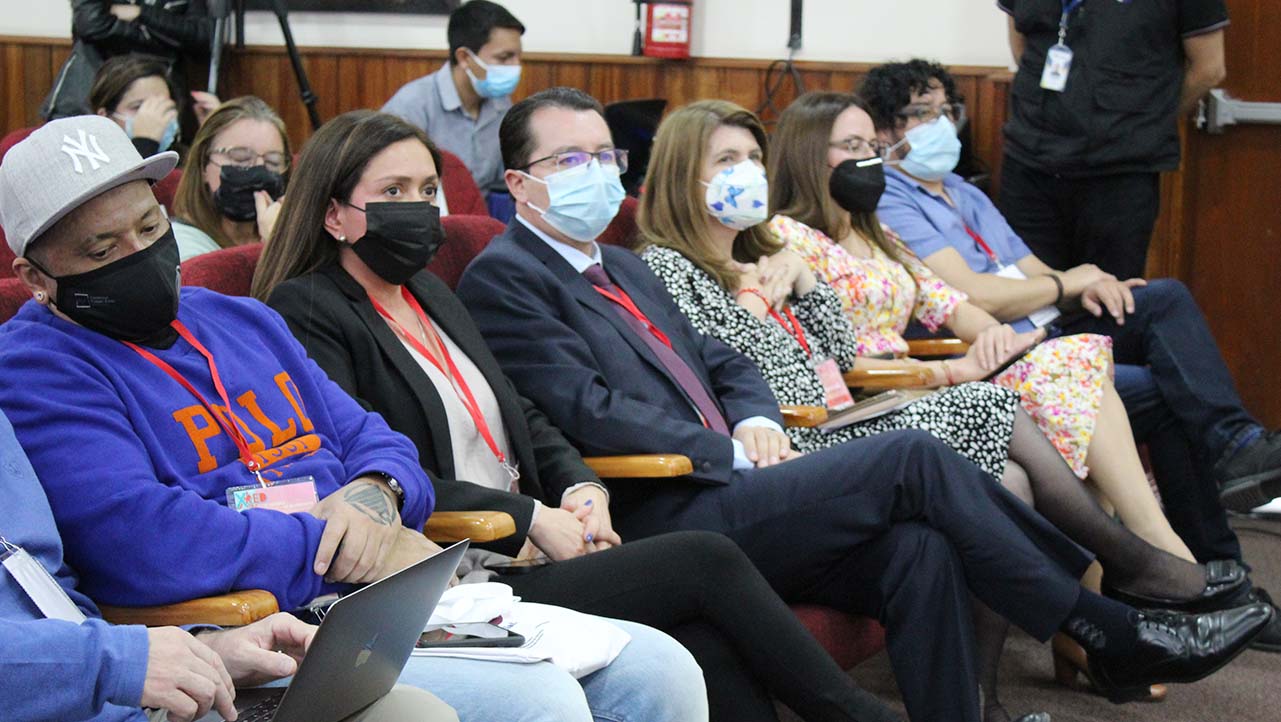
Our branch campus in Quito held the 10th International Meeting for the Ibero American Network of Postgraduate programs in Childhood and Youth; an academic event with the participation of 90 people from 14 Latin American and Caribbean countries.
The inauguration was attended by Juan Cardenas, UPS president; Yamileth Andrade, vice president of Universidad de Manizales, Colombia; Maria Sol Villagomez, vice president of our branch campus in Quito; Claudia Patricia Uribe, research director at Universidad Casa Grande de Guayaquil; Pablo Vommaro, research director at CLASCO; Maria Camila Ospina, representative of Centro de Estudios en Niñez y Juventud from Colombia; Melina Vazquez, representative of Grupo de Trabajo en Niñez y Juventud from CLASCO; and Sara Victoria Alvarado, from the Ibero American Network of Childhood and Youth.
Juan Cardenas, UPS president, was pleased to have such prominent researchers taking part in debates, research and proposals to benefit children and teens in society. In this regard, UPS was included as an active member of the Ibero American Network of Postgraduate programs in Childhood and Youth.
On April 3rd, there was a meeting for representatives of the participating institutions; from the 4th to the 8th of April participants took part in several keynote speeches: Carles Feixa from Barcelona presented the topic: “Blockchain y los movimientos juveniles en la era de la web semántica”; Melina Vázquez from Argentina, spoke about mas actions of the youth during the pandemic; and René Unda, fromUPS, spoke about youth associations and political representations.
There was a panel of experts on inequalities, public policies and rights of children and youth. Juan Cardenas presented a study on intervention models from the experience of Salesian Projects in Cuenca. Anna Grellert, from Brazil, presented the impact of affection on children’s mental health in Latin America and the Caribbean. Eduardo Pereyra, from Argentina, spoke about “Generación Nini (people who are not studying nor working)”; and Vommaro spoke about inequalities and participation in time of the pandemic.
Maria Sol Villagomez took part in the panel on violence and hegemony and presented the topic “Indigenous women and higher education”, a study carried out by the Intercultural Education Research Group from UPS. Maria Camila Ospina, from Colombia, and Daniel Llanos, from UPS, spoke about socialization of children in times of a global humanitarian crisis.

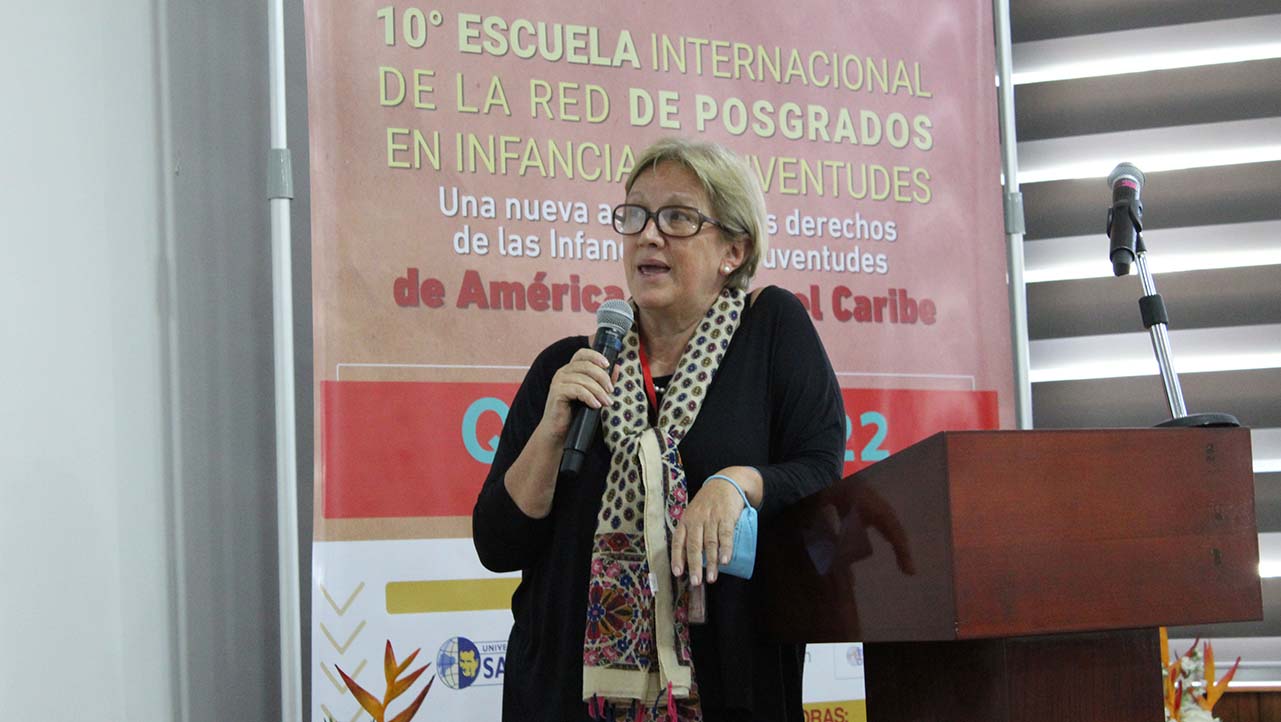
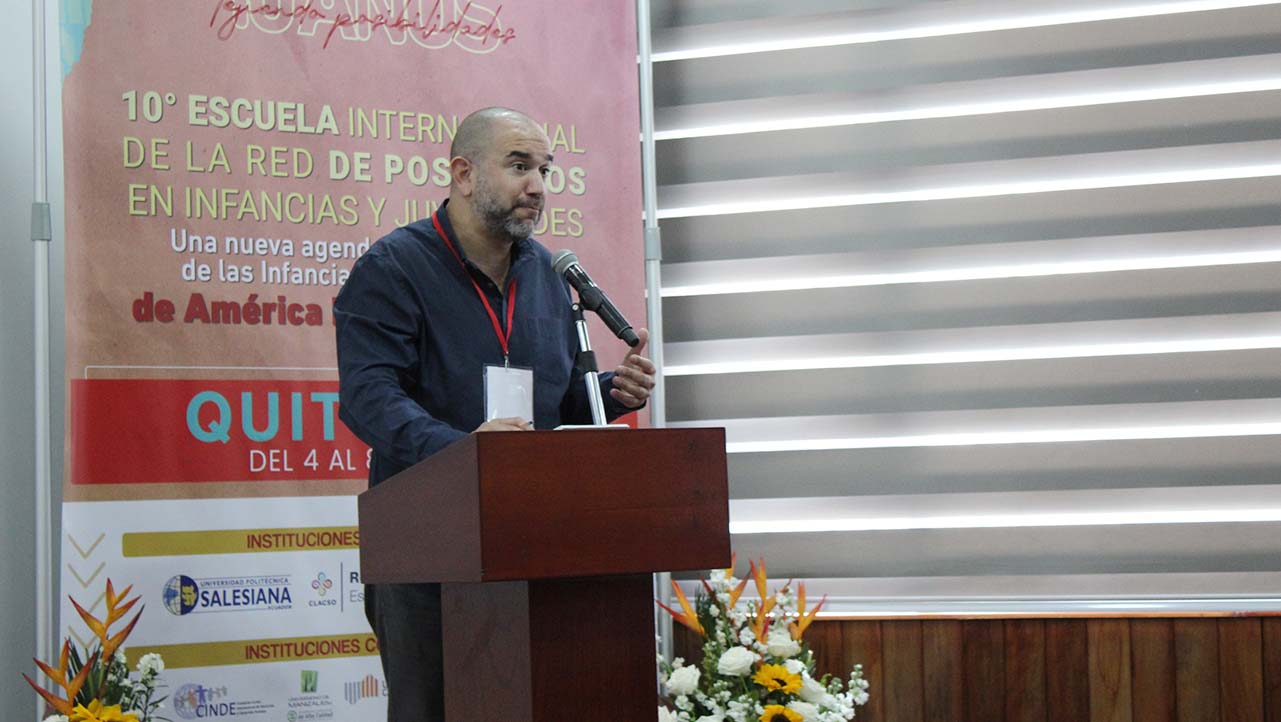
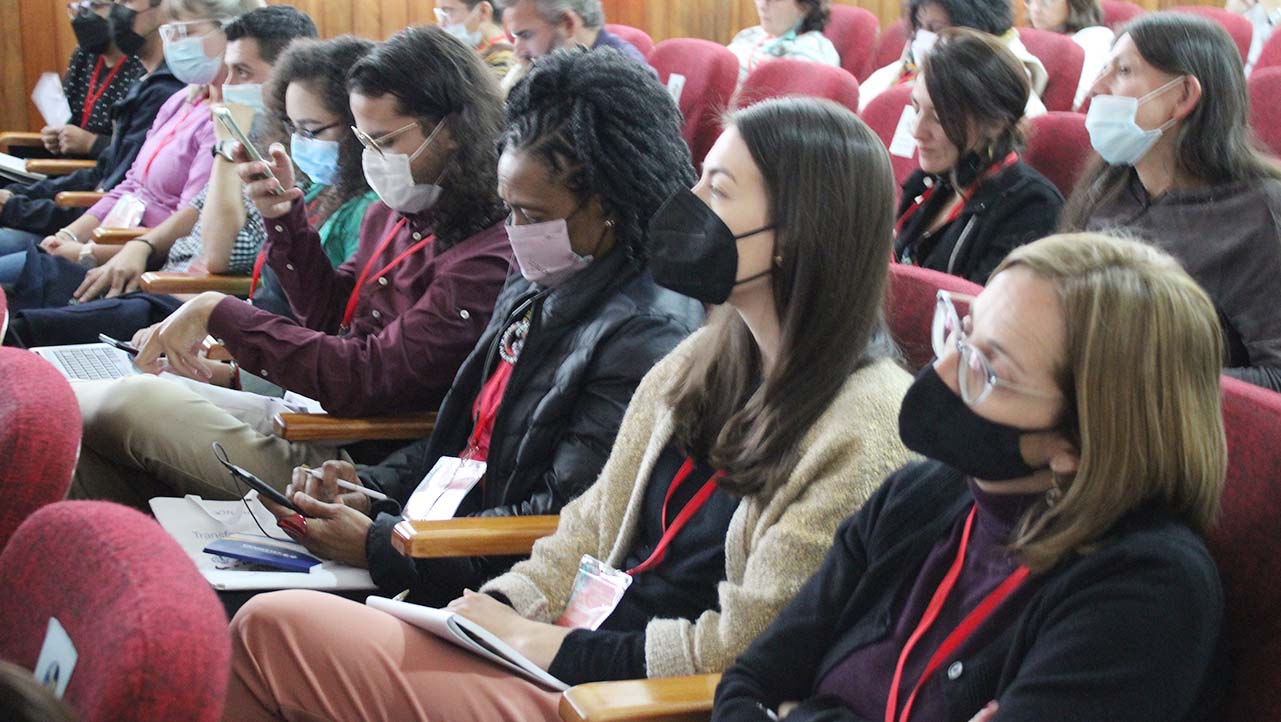
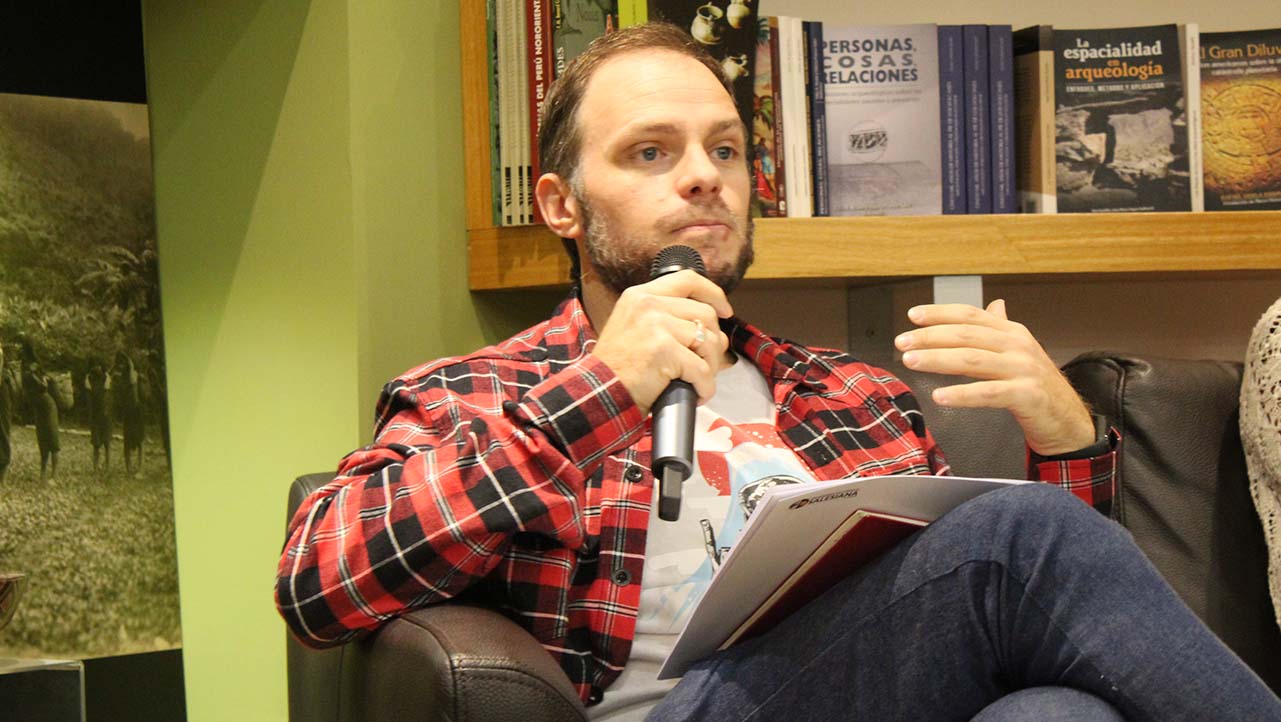
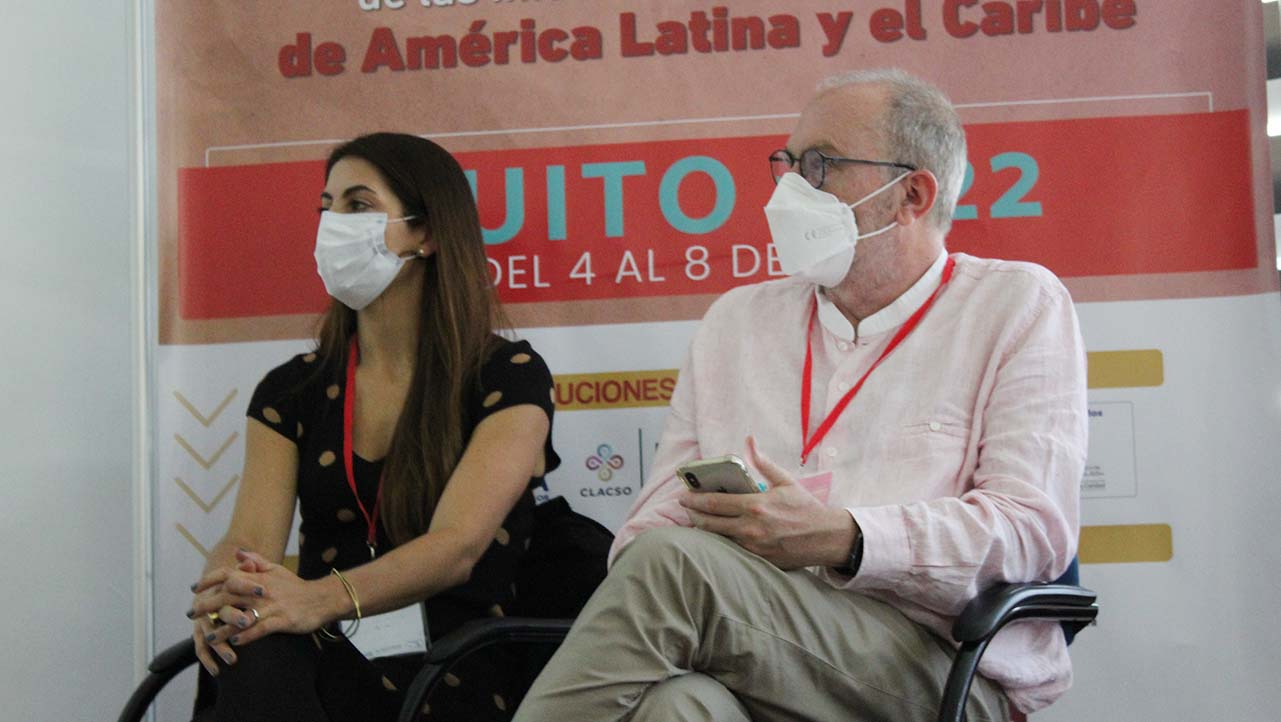


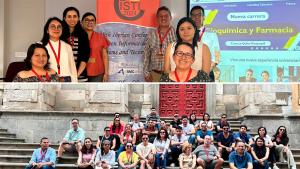

Follow us
Follow us